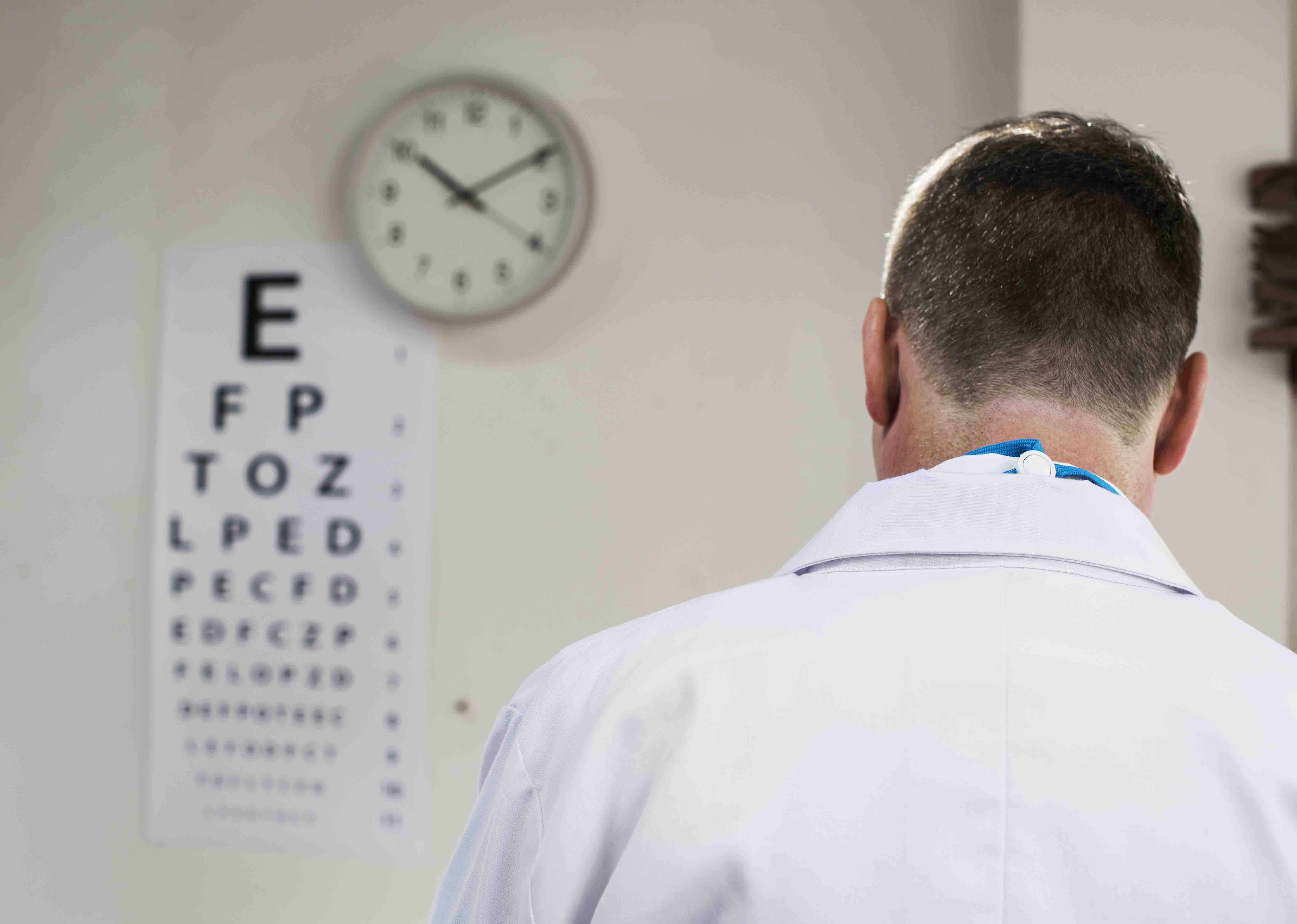Eye health is critical for overall well-being, yet it is often overlooked until problems arise. Ophthalmologists, as medical doctors specializing in eye care, play a vital role in diagnosing, treating, and preventing eye-related conditions. Whether you're searching for an ophthalmologist near me or require a specialized eye exam for adults, understanding their multifaceted role can help you make informed decisions about your eye health.
Comprehensive Eye Examinations
Ophthalmologists perform in-depth eye exams to assess vision and detect conditions like glaucoma, cataracts, and diabetic retinopathy. Early detection can prevent irreversible damage and enhance quality of life. If you're considering an eye doctor for routine checks, know that regular visits can catch issues early.
Treatment of Eye Diseases
From common conditions like dry eye syndrome to complex diseases like uveitis, ophthalmologists provide tailored treatments. They manage chronic illnesses such as glaucoma, which requires ongoing care to preserve vision. Seeking out the best ophthalmologist ensures access to advanced care and treatment.
Surgical Expertise
Ophthalmologists are trained in cutting-edge surgical techniques, such as cataract surgery, LASIK, and corneal transplants. These procedures restore or improve vision. Advances in minimally invasive surgery mean faster recovery and improved outcomes, making them a trusted choice for vision correction.
Specialized Care for Systemic Diseases
Many diseases, such as diabetes, manifest in the eyes. Ophthalmologists work closely with other specialists to manage conditions like diabetic retinopathy and hypertension-related eye problems. Pediatric patients may need a specialized pediatric eye specialist to handle complex childhood eye issues.
Preventive Care & Education
Prevention is key to maintaining eye health. Ophthalmologists advocate for:
-
Wearing UV-protective sunglasses.
-
Following a diet rich in nutrients like lutein and zeaxanthin.
-
Limiting screen time and taking breaks to reduce eye strain.
Regular check-ups with an ophthalmologist can prevent serious conditions.
Advocacy and Public Health
Ophthalmologists also contribute to research, public awareness campaigns, and health policies that prioritize glaucoma treatment, cataract surgery, and global vision care.
FAQs
1. What’s the difference between an ophthalmologist and an optometrist?
An ophthalmologist is a medical doctor trained to perform surgeries and treat eye diseases, while an optometrist focuses on routine vision care and prescriptions.
2. When should adults have an eye exam?
Adults should schedule an eye exam every 1-2 years, especially if they have risk factors like diabetes or a family history of eye disease.
3. What are signs you need to see an ophthalmologist?
Blurry vision, persistent eye pain, floaters, or difficulty seeing at night are all signs you should seek care immediately.


